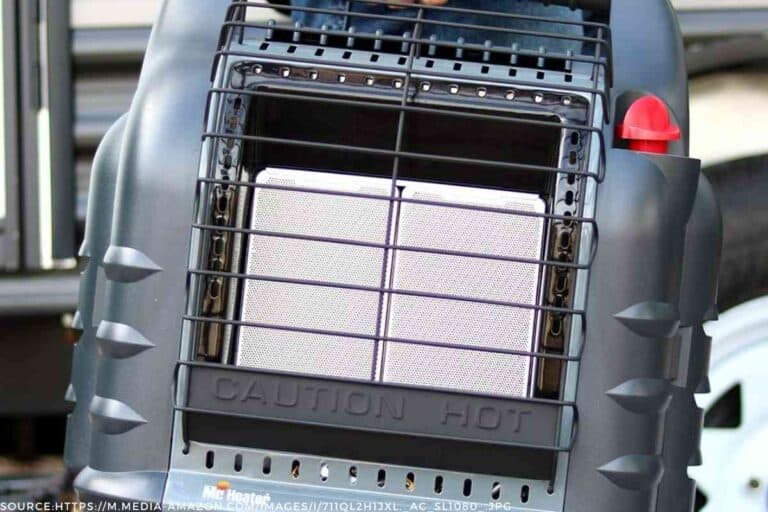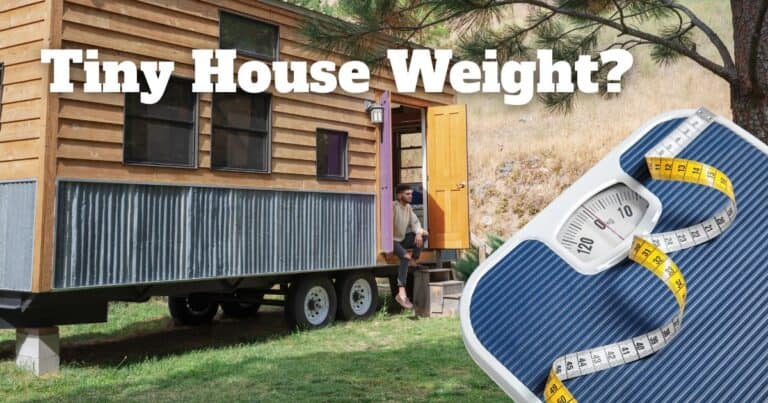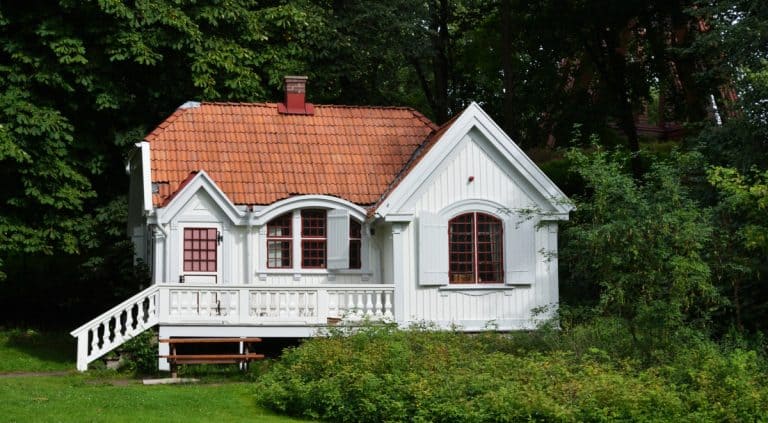Do Tiny Houses Sell Well? (Starting a Business)
As house prices continue to soar worldwide, the demand for tiny houses begins to make its way into the housing industry. Simply put, tiny houses are homes that are built minimal. They are suitable for small families or individuals hoping to live as a minimalist, cutting down on costs to build for sale or rent.
Thanks to the newfound rage for tiny houses, aspiring entrepreneurs may see an opportunity to dwell in the business of selling these minimal homes. But is this a sustainable business, and do tiny houses sell well?
There is a market for tiny houses, but whether they sell well depends on several factors, such as location, price, and quality. Depending on how well you prepare and manage your business, tiny houses may just be the housing industry of the future.
Let’s find out how you can successfully run a business selling tiny houses below.
How Do You Run a Business Selling Tiny Houses?
Although they’re not new in the housing industry, not many businesses have begun selling tiny houses. As such, if you’re interested to start a business selling tiny houses, then this would be the ideal time. So, how do you start a business selling tiny houses?
Draw up a Business Plan
Like every successful business, you’ll have to be prepared with a business plan. Be sure to have an estimate of how much it could cost you to build each tiny house you’re planning to sell and how much of a profit you can make from it.
Costs to consider include building materials, labor wages, and even the cost to acquire land to build your tiny houses on. While these numbers may seem small to begin with, they can often amount to a lot when you build your tiny houses in bulk. If you’re working on a small budget, you may consider building the tiny homes for sale in stages.
To run your business, you will have to prepare an indoor workshop and a smaller office for administrative work. All things considered, you could be looking at a start-up cost of $500,000 to get your business running.
In comparison, tiny houses often sell for approximately $5,000 and up. In other words, you’ll have to ensure that the investment you’re putting in is worthwhile as it could take you some time to make a return. Tiny houses also make great temporary homes or hotels in tourist locations, earning you up to $200 a night on rental.
Have the Necessary Paperwork Done
To kickstart your tiny house business, you’ll have to ensure you have all your necessary paperwork ready. This includes registering your business with the business bureau, registering for a business tax account, and sorting out all banking matters. Failing to do any of these can hamper your efforts to building a business, as it could mean you’re starting illegally.
Once you’ve registered for your business, you’ll want to move onto obtaining housing licenses from your state and city law enforcement. As differing states may have separate zoning laws, it’s always best to refer to your local licensing authorities on how you can comply and legally obtain building licenses to build and sell tiny houses.
Build, insure, and sell
Finally, once you’ve sorted out the permits necessary, it’s time to see your business plans executed. Building and selling your tiny homes may take time, but you’ll be one step closer to making your business the success you’ve planned for it to be.
Remember that you’ll also need business insurance to keep your business safeguarded from most business risks. To avoid complications, you’ll also want to apply for liability insurance during your building period to protect your contractors at work.
By reaching out to a trusted insurance provider, you’ll find the insurance plans that will work best for you and your business. Although most start-up businesses may obtain General Liability Insurance to safeguard themselves across a broad spectrum of coverage, your insurance provider should recommend what’s best.
5 Things to Expect When Starting a Business to Sell Tiny Houses
Before you move onto starting a new business on selling tiny houses, however, you should be aware that there are limitations to this industry. Here are 5 things you’ll have to expect when starting a business to sell tiny houses.
Tiny Houses May Not Be Legal in Some States
With new regulations being made in numerous states, it could be difficult to sell your tiny houses in certain cities nationwide. This is as the law may mandate that a family home must measure a minimum of 1,000 square feet before it is considered livable.
Thankfully, more states are beginning to accept tiny homes as a livable space overall. As such, you’ll want to check in with your local authorities if tiny homes are legal in your state before you begin selling them.
Tiny Houses May Be Harder to Sell than Regular Homes
Due to the smaller target pool of buyers, it can be difficult to make a sale on tiny homes. Defining your target audience before you start your business is important – do you want to sell them to investors who can afford to flip the tiny houses for a quick profit, or do you want to sell them to small households?
Depending on the size of your tiny houses, it may also be harder to find family buyers as space is scarce. If you’re selling them to individuals who wish to live a minimalist life, then your prices may have to be pulled down low to match their single budget. Either way, finding the balance in selling your tiny house is crucial to helping your business thrive.
There Aren’t Many Businesses Selling Tiny Houses to Date
One of the advantages of starting a business selling tiny houses is that it isn’t an overly saturated market to date. Unlike businesses that build and sell regular homes, fewer investors are willing to venture into tiny house businesses.
As such, this could mean you’re taking on the perfect opportunity to pioneer a never-before ventured market, or it could mean you are betting against the odds. While sales can be tough and you may find it difficult to build a multi-million business the same way regular housing businesses can, your patience may work out fine when the demand for tiny houses grows in the future.
If selling doesn’t work, consider rentals
Because not many people may first understand the concept of tiny houses, you may find yourself in a bind trying to sell your units at first. To avoid paying for your business continuously without an income, you should consider renting them out to smaller families who may not be able to afford a unit yet.
Setting up your tiny houses as a hotel or homestay in tourist locations is also a good way to cover potential losses, as tourists will often need affordable places to stay. What sets you apart from hotels is the privacy that tourists can get.
If you’re considering converting your tiny house business into hotels, however, you may want to check in with the authorities to see if you must obtain separate permits. Homestay permits may differ from a tiny house business permit, so be sure to always stay on the right side of the law before making any changes.






